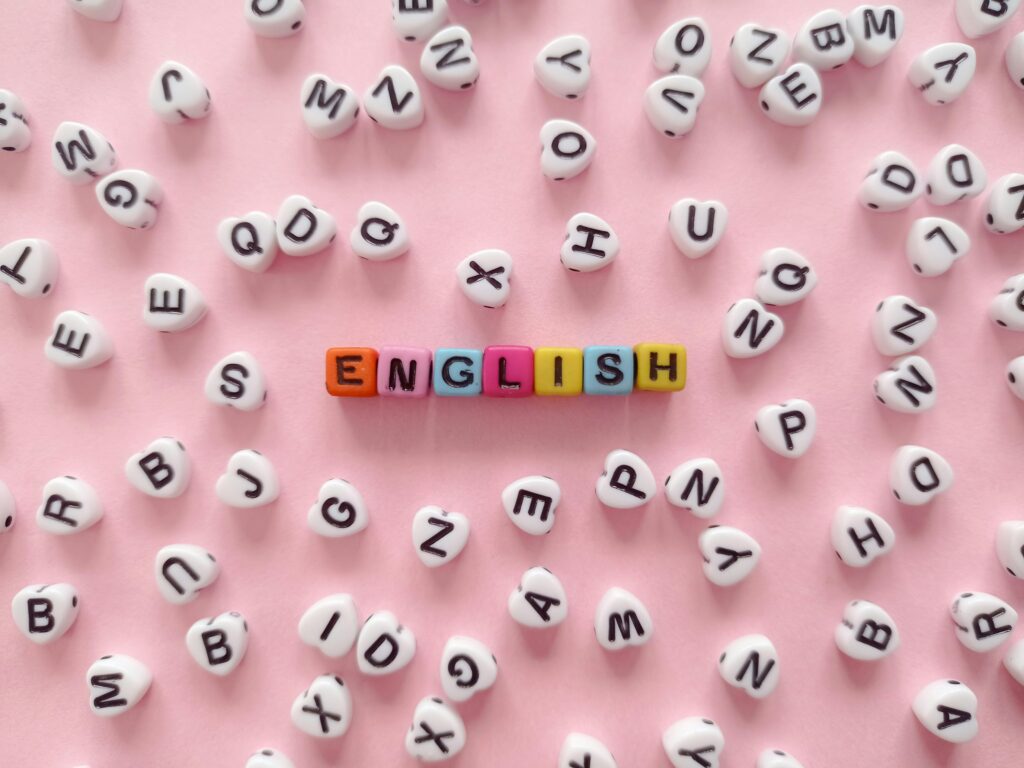Est. reading time: 4 minutes
Language is a remarkable tool that allows us to express our thoughts, share experiences, and connect with others. At the heart of this intricate system lies a fundamental component: nouns. These seemingly simple words hold immense power, shaping our perception of the world and enabling effective communication. In this article, we delve into the significance of nouns. Whether you’re a language enthusiast, a student, or simply curious about the mechanics of communication, join us as we unravel the fundamentals of nouns.
The next question that should be on our minds is, “What is a noun?” Before we answer that question, let’s consider the relationships we all have, such as the people who gave birth to us, called ‘parents,’ and their other children, referred to as ‘siblings.’ The words ‘parents’ and ‘siblings’ are used to identify or indicate who or what someone or something is, and that is what nouns are about.
According to the Cambridge Dictionary, a noun is a word that refers to a person, place, thing, event, substance, or quality. For example, when you hear the word ‘parents,’ you know it refers to the people responsible for your birth. This briefly explains the primary purpose of nouns: identification. Nouns allow us to identify and refer to specific entities in discourse, such as a reference to your parents or siblings.
In essence, nouns are essential components of language, serving as the building blocks for communication. They represent people, places, concepts, or things. To understand the concept of nouns better, there is an essential need to understand the types of nouns, which are:
1. Proper nouns
2. Common nouns
3. Countable nouns
4. Uncountable nouns
5. Concrete nouns
6. Abstract nouns
7. Compound nouns
Please be aware that these are not the only types of nouns; these are the ones we intend to discuss with you. While this specific article does not explain the types of nouns in depth, there will be further articles to provide detailed explanations of these types of nouns. So always check our page for new articles.
Nevertheless, this article is meant to explain the importance of nouns to you, and it will do just that. Nouns are the bedrock of language, playing a crucial role in shaping our understanding of the world. Let’s delve into how nouns exert their power across different dimensions of human communication, creativity, and expression, using both detailed and simplified explanations.
Detailed Explanation:
1. Shaping Understanding: Nouns act as labels for the elements of our environment, allowing us to categorize and make sense of the world. For instance, the noun “tree” encapsulates a concept that includes various species, sizes, and shapes of woody plants with a single stem or trunk. By identifying and labelling objects with nouns, we organize our perception and comprehension of reality.
2. Impact on Communication: Nouns serve as the building blocks of communication, providing specificity and clarity in conveying ideas. Consider a sentence like “The dog chased the cat.” Here, “dog” and “cat” are nouns that denote specific animals, enabling the listener to form a clear mental image of the scene described. Without nouns, communication would lack precision and coherence, making it challenging to convey complex information.
3. Influence on Creativity and Expression: Nouns fuel creativity and expression by enabling us to evoke imagery, convey emotions, and tell stories. Writers and poets harness the power of nouns to create vivid descriptions and evoke emotional responses in readers. For example, in the phrase “crimson sunset,” the noun “sunset” paints a picture of a specific moment in time, while the adjective “crimson” adds depth and intensity to the imagery.
Simple Explanation:
1. Understanding the World: Nouns are like tags we use to label things around us, helping us understand what they are. Just like how we know a chair is for sitting and a dog is a furry animal that barks, nouns give us names for everything we see, hear, or think about.
2. Talking clearly: Nouns are the words we use to talk about stuff. Imagine trying to tell a story without saying who or what you’re talking about. Saying “The cat chased the mouse” is much clearer than just saying “Chased the.”
3. Being Creative: Nouns help us be creative by giving us words to create pictures in people’s minds. For example, when we say “puppy playground,” you can imagine a fun place with lots of playful puppies running around and having a great time.
The above explanations must have improved your understanding of the concept of nouns. Now, let us consider some examples below:
- When you tell your friend about the new book you read, you use nouns like “book,” “author,” and “characters” to describe what it’s about.
- In a painting, the artist might use nouns like “mountain,” “river,” and “sky” to create a beautiful landscape that transports you to a different place.
- When learning about history, you use nouns like “war,” “president,” and “inventions” to understand events and people from the past.
Conclusion
As we reach the end of this article, it’s clear that nouns are not just mere placeholders in our sentences; they are the essence of our communication. They give us the ability to express our thoughts, share our world with others, and create connections between the gaps caused by our diverse experiences.
Nouns are the sentinels (guardians) of all languages, standing guard over the clarity of our expressions. They are the custodians of context, ensuring that our narratives are grounded and our stories are full of life. From the names of our loved ones to the places we dream of visiting, nouns provide depth and substance to our language.
Let us, therefore, give nouns the recognition they deserve. Let’s celebrate their role in every aspect of our daily lives, from the mundane to the extraordinary. As you step forward from this article, take a moment to observe the nouns that surround you. Listen to them in conversation, see them in text, and feel their influence on your perception of the world.
Don’t forget to check back for articles that explain the types of nouns.

